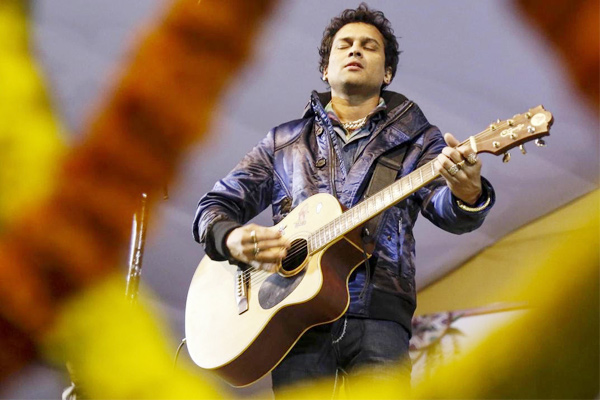MUMBAI: Assam’s beloved singer Zubeen Garg, 52, passed away on Friday in Singapore following a tragic scuba diving accident. Best known nationally for his hit song Ya Ali, Garg was rescued by local police and rushed to Singapore General Hospital, but doctors were unable to save him.
Assam Chief Minister Himanta Biswa Sarma confirmed that Singapore authorities are questioning those who accompanied the singer before his death. An autopsy is expected on Saturday. “If an autopsy needs to be done, it is likely that Zubeen’s mortal remains will reach Assam on Saturday evening,” Sarma told reporters. He added that he has spoken to Indian High Commissioner Shilpak Ambule to expedite arrangements for bringing Garg’s body back home.
Riniki and I, visited the residence of our beloved Zubeen in Guwahati to stand in solidarity with his family in this hour of grief.
Thousands of his admirers are waiting on the streets to have his last glimpse – we are constantly in touch to bring him back to Assam soon. pic.twitter.com/29e3mwhDKt
— Himanta Biswa Sarma (@himantabiswa) September 19, 2025
Sarma, accompanied by his wife Riniki, visited Garg’s Guwahati residence to meet his family. “Thousands of his admirers are waiting on the streets to have his last glimpse—we are constantly in touch to bring him back to Assam soon,” he posted on X.
National leaders expressed shock and sorrow at Garg’s passing. Prime Minister Narendra Modi said he was “shocked by the sudden demise” and praised Garg’s “rich contribution to music.” Rahul Gandhi called the death “a terrible tragedy,” noting that Garg’s voice “defined a generation.” Congress president Mallikarjun Kharge hailed him as the “Voice of Assam,” while Union minister Kiren Rijiju remembered him as “a magical voice and a versatile personality.” Actor Adil Hussain described his death as “devastating,” calling his contribution to Assamese culture “extraordinary.”
In a statement, Garg’s team revealed that he had reached Singapore two days earlier for the North East Festival scheduled for September 20. They said he had been taken on a yacht visit by members of the local Assamese community—an arrangement the team was unaware of—when the accident occurred.
Zubeen Garg’s sudden passing has left an irreplaceable void in Indian music. A multilingual singer whose songs in Assamese, Hindi, and Bengali resonated across generations, he remains etched in memory as a cultural icon of Assam and beyond.
